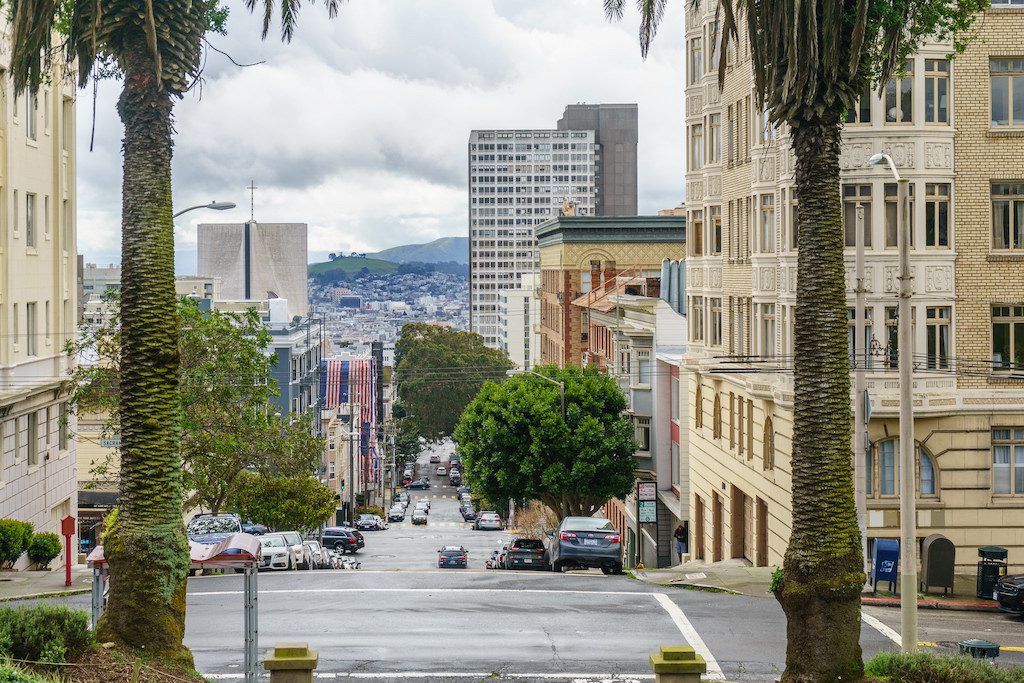Skift Take
Cities are still trying to figure out how to tax and regulate this disruptive service 11 years after it was created — but so far most still aren’t doing a good job.
In New York last month, a judge decided to block a a city law that would have forced Airbnb to release host information, designed to help crack down on illegal listings. The city is one of the most popular locations for the homesharing service, but as many as half of Airbnb listings may break local and state laws.
It’s not just New York — New Orleans and Santa Monica, along with metropolitan areas around the world, have placed heavy restrictions on the company, but have faced difficulties regulating it. The fear is the same: Airbnb is a relatively new service with with an unknown effect on the local community.
Now, a recent report by the Economic Policy Institute, a nonprofit based in D.C., suggests that Airbnb has an overwhelmingly negative economic impact on cities, with few benefits to balance it out — and asks why cities aren’t doing more to tax the homesharing service.
Among other effects, the report indicates that Airbnb drives up long-term housing prices, while contributing little in tax revenue or tourism dollars. Unfortunately, the report encounters the same issue that cities and regulators have had up until now: there is very little data on Airbnb’s impact, and the service is so new, research is slim.
“We don’t have a wealth profile of Airbnb listers,” admitted Josh Bivens, a researcher at the Economic Policy Institute and the author of the report. “But I think a lot of Airbnb activity ends up profiting people who own more than one property, who are a pretty wealthy group in and of themselves.”
To create the report, Bivens reviewed a handful of studies done on Airbnb in the past several years, and analyzed government data.
He found that many surveys “vastly overstate” the benefit Airbnb contributes to cities through increased tourism dollars. Most people who use the home-sharing app would have simply chosen a hotel if Airbnb was not available, Bivens said, meaning the city would not have lost any tourism business.
“Two surveys indicate that only 2 to 4 percent of those using Airbnb say that they would not have taken the trip were Airbnb rentals unavailable,” the report reads.
Meanwhile, the popularity of Airbnb makes long-term housing more expensive, according to Bivens, since it encourages the wealthy to buy up residences in order to rent them out. This increases demand, causing prices to climb, while also prioritizing travelers over locals.
“I think the claims are very attractive, but the data doesn’t really bear it out,” disputed Arun Sundararajan, a business professor at New York University Stern School of Business, and author of The Sharing Economy. “I’ve found that it is mostly middle-income and below middle-income people who profit the most from Airbnb, and you see it much less with very wealthy people and very low-income people.”
Sundararajan pointed to an independent research collaboration, which he conducted with two Airbnb-employed researchers, using Airbnb data. The research looked only at New York City, and Sundararajan was quick to note that he did not have any bias toward the homesharing company.
“The data debunked the narrative that Airbnb leads to people taking units off the long term market and run them as short-term rentals for profit,” he said. “Our analysis showed that it’s virtually impossible to make the economics of this work in New York City.”
Airbnb could not be reached for comment.
Looking Ahead
There was one thing both agreed on, though. Whether or not Airbnb has a positive or negative impact on local communities, cities need to do more to tax and regulate them.
The problem is, many cities avoid taxing the service out of a fear that it will legalize it, further encouraging the spread of Airbnb across the community. By treating listings the same way hotels are treated, it may condone the service.
“If the lack of clarity on that is depriving cities of tax revenue presently, that just says to me it’s that much more urgent to figure out what we want their status to be,” Bivens commented.
Sundararajan put it more bluntly: “I think cities are shooting themselves in the foot,” he said. He added that, in addition to taxing listings, cities could put other restrictions on the service, such as limiting the number of days out of a year a residence could operate as a home-share.
Some progress is already being made on this front. In Hawaii, Airbnb may be required to turn over 10 years of documents from hosts, after the brand admitted that many listings did not comply with local tax laws. And in November, San Francisco fined two landlords $2.25 million for operating a chain of illegal Airbnb listings.
Dwell Newsletter
Get breaking news, analysis and data from the week’s most important stories about short-term rentals, vacation rentals, housing, and real estate.
Have a confidential tip for Skift? Get in touch
Tags: airbnb, regulations
Photo credit: Pacific Heights in San Francisco, where heavy restrictions on Airbnb has resulted in a slew of illegal listings. Dale Cruse / Flickr
